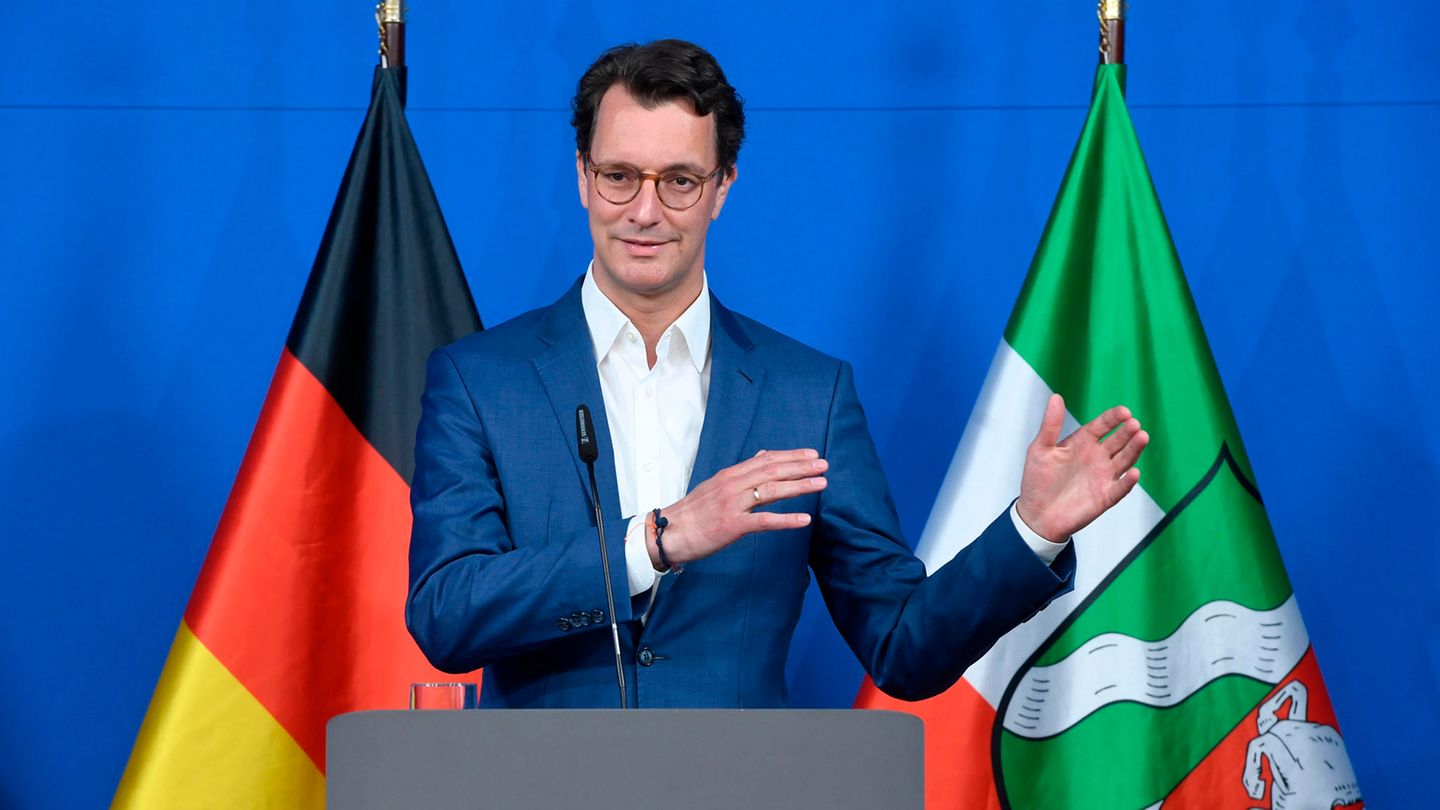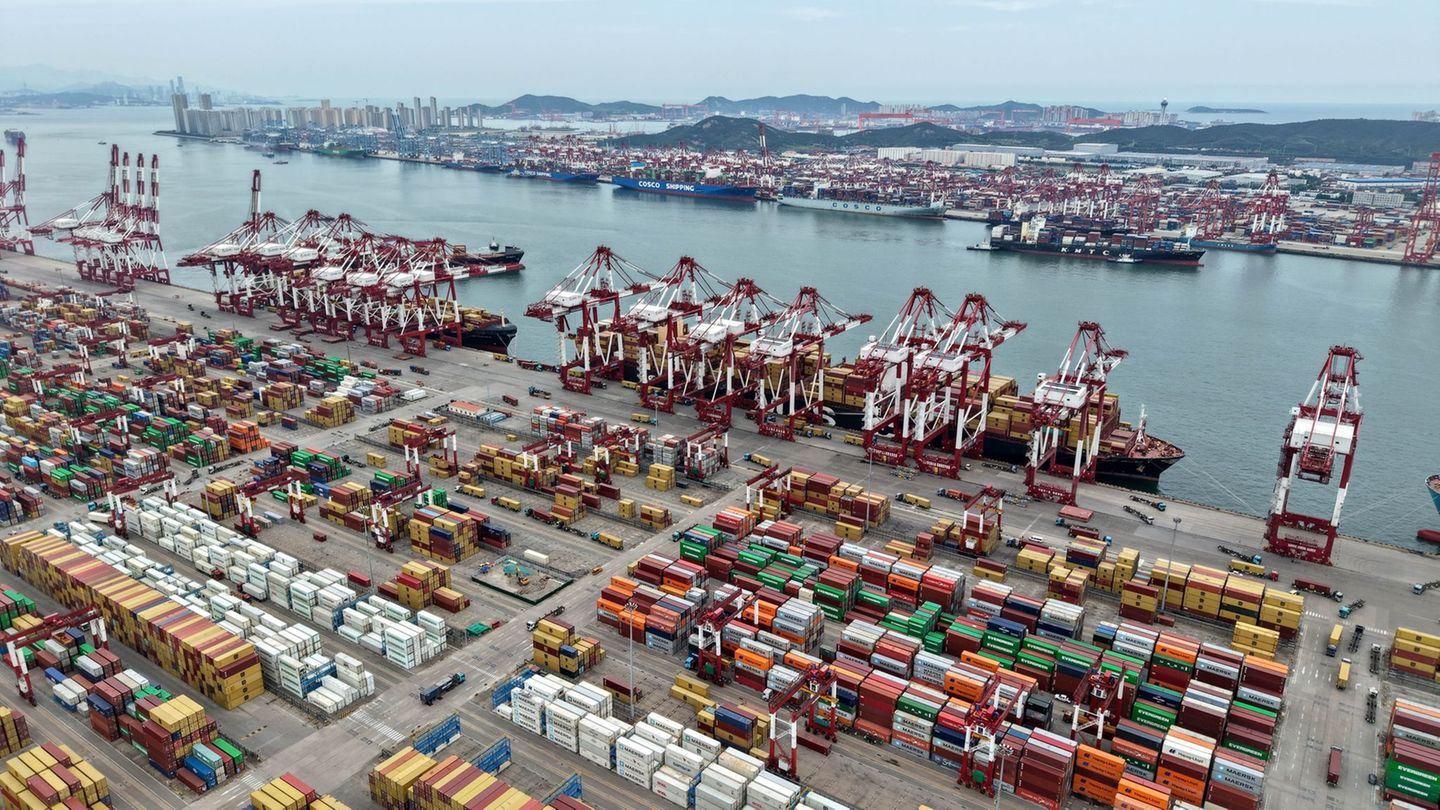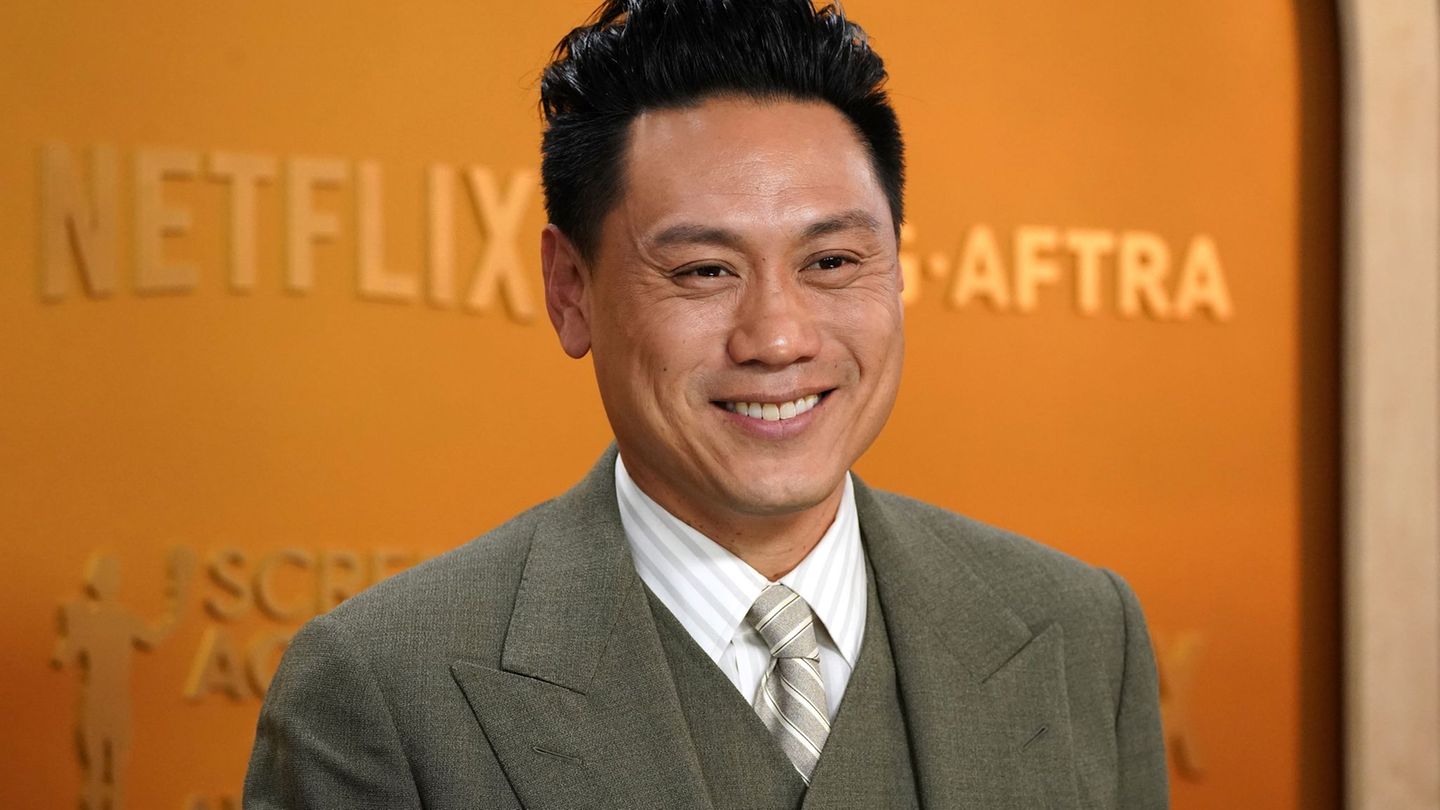The elections in Saarland and Schleswig-Holstein gave a comparatively small picture of the mood in the German party landscape. The most important election of the year is just now. A new state parliament is elected in North Rhine-Westphalia. The result could also leave its mark at the federal level.
The CDU defeat in the Saar? Long gone. The SPD disaster in Schleswig-Holstein? Not worth mentioning anymore. The actual mood test for federal politics five months after Chancellor Olaf Scholz took office in the traffic light government is only now coming – on Sunday in North Rhine-Westphalia.
From Berlin’s point of view, the elections in Saarland and Schleswig-Holstein were seen as regional events, which were won by two very popular top candidates – Anke Rehlinger (SPD) and Daniel Günther (CDU). The most populous federal state of North Rhine-Westphalia is of a completely different caliber. With more than 13 million people there, more than four times as many as in Saarland and Schleswig-Holstein together can elect a new state parliament. That is why one speaks of a “small federal election”.
And it’s going to be really exciting. For weeks, CDU Prime Minister Hendrik Wüst and his challenger Thomas Kutschaty from the SPD have been in a head-to-head race.
Kuchaty with Scholz on final sprint election posters
The SPD in particular has made it clear that federal politics plays an important role in NRW. Two weeks before the election, she presented new posters on the Düsseldorf Rheinwiesen in the presence of party leader Lars Klingbeil, showing her top candidate side by side with Chancellor Scholz. “Together for NRW and Germany” can be read on it.
It is a risky decision by Deputy Federal Chairman Kuchaty to back the chancellor in the final stretch of the election campaign. Scholz fell on the popularity scale during the Ukraine war – well behind his Green Ministers Annalena Baerbock and Robert Habeck. His turning point speech right at the beginning of the war earned him a lot of international respect.
In the meantime, however, critics regard him as a procrastinator when it comes to arms deliveries and sanctions, who do not adequately explain his actions. In the last ZDF political barometer at the end of April, only 49 percent said he was doing well in the Ukraine crisis – compared to 72 percent in March. Other surveys paint a similar picture.
In a WDR interview on Thursday, Scholz was still confident of victory: “I think the SPD is having a very good effect right now. It will provide the next prime minister,” he said. If that doesn’t work, it would be the first countable setback for him since his surprising triumph in the federal elections a good six months ago.
Merz: The most important election goal is the strongest faction
Equally important is the election for the new CDU leader Friedrich Merz, who is at home in NRW. The Sauerland promised a new start and a renewal of the party after the disaster in the federal elections. If the most populous federal state were to be lost to his party, doubts about his course could arise internally.
A problem for the CDU: Even if it becomes the strongest party, it could end up being a loser because the SPD is forging an alliance with the Greens and possibly also with the FDP – a traffic light like in the federal government. The CDU is now hoping that the Greens might be interested in black and green, in order to set an example for political options beyond the traffic light. The Christian Democrats are also counting on the lead over the SPD being so clear in the end that potential partners such as the Greens could hardly represent themselves in front of their own people in governing with a loser in the election.
Weeks ago, Merz made plans and stated that the most important election goal was that the CDU had to become the strongest faction. Should an SPD government come about in such a case, he would hardly see it as a defeat.
Government formation could spill over into federal politics
So when it comes to forming a government, it could become very federal, and the Greens are likely to play a central role. They are doing brilliantly in the polls with 16 to 18 percent most recently. In the best case from a party perspective, there is almost a tripling of the 6.4 percent that the Greens won in the last NRW state election in 2017. Federal leader of the Greens, Ricarda Lang, sees a “change in mood”.
The FDP is consistently in the single digits in the polls, but hopes to benefit from the discussion about forming a government. In North Rhine-Westphalia in particular, it makes a difference whether there is a government of the center with a strong FDP or a government in which the Greens play a defining role, says party leader Christian Lindner.
The left is threatened with another failure
After the debacle in Saarland (2.6 percent) and in Schleswig-Holstein (1.7 percent), the left is threatened with the next failure. Polls see the party, which has been worn down by squabbles, disputes about direction and accusations of sexism, at around 3 percent of the votes. Party leader Janine Wissler speaks of difficult framework conditions and mentions the close race between the CDU and SPD.
The Left only made it into the NRW state parliament once in 2010. “That’s why the NRW state association is fighting with all its might to get in and the whole left is fighting,” says Wissler of the dpa. Does it help? Another defeat would hardly have immediate consequences. The party wants to re-elect the entire leadership at the end of June anyway and then somehow pull itself together again.
Another expulsion of the AfD? Rather not
After being kicked out of a state parliament in Schleswig-Holstein for the first time, the AfD is optimistic that it won’t happen again. It’s less about people and more about issues, such as clan crime, it says. In the polls, the AfD was last at six to eight percent.
Source: Stern
David William is a talented author who has made a name for himself in the world of writing. He is a professional author who writes on a wide range of topics, from general interest to opinion news. David is currently working as a writer at 24 hours worlds where he brings his unique perspective and in-depth research to his articles, making them both informative and engaging.




